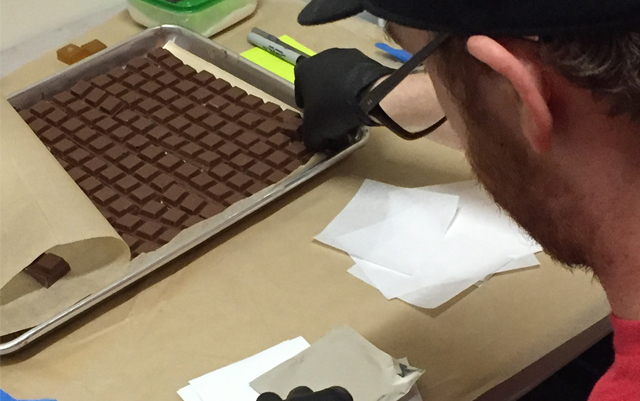
In the midst of all of the problems lawmakers in Maine are having with getting their recreational marijuana legalization regulations in place comes word that authorities are planning a crackdown on extract processors and edibles makers who supply medical cannabis caregivers in the state with oral tinctures, topical salves, vaporizer waxes and cannabis-infused food for patients.
At issue are current rules in Maine that state that only a caregiver and one employee can touch any medical marijuana given to a patient. This essentially means that caregivers have to make the products themselves and can’t buy them from a kitchen or lab that specializes in that kind of work. A back-and-forth donation system has been the workaround that these processors have been using to supply caregivers, but now the Maine Department of Health and Human Services says that practice is illegal and that all of the processors must cease operations by February 1, 2018.
“When these rules kick in, we are going to see a lot of frustrated patients struggling to find the medicine that works best for their needs, as well as plenty of upset business owners who have invested many hours and dollars,” caregiver Dawson Julia, who owns East Coast CBDs in Unity, ME said. “If processors are forced to shut down, we’ll lose some of the most qualified and knowledgeable experts in the industry, as well as some of their state-of-the-art facilities.”
Unless caregivers and activists convince authorities in Maine to amend or change the processing ban, the crackdown will ensue, preventing many patients from accessing the medicine they need and driving what is left of that part of the industry underground.
As I’ve pointed out on several occasions, since prohibitionists have been thoroughly trounced in the court of public opinion – and continue to be so – the biggest remaining threat to medical and recreational marijuana legalization are the very people charged with implementing the new laws. People with very little knowledge about cannabis or the cannabis industry are writing rules and regulations from scratch with no blueprint to work from and no store of experience to fall back on.
Even if processor licenses are made available when recreational legalization is finally implemented in Maine, that won’t help the medical side of things. Processors must count on the above-mentioned clueless authorities to see the error of their ways and make things right.
Go to Source
Author: Joe Klare

















